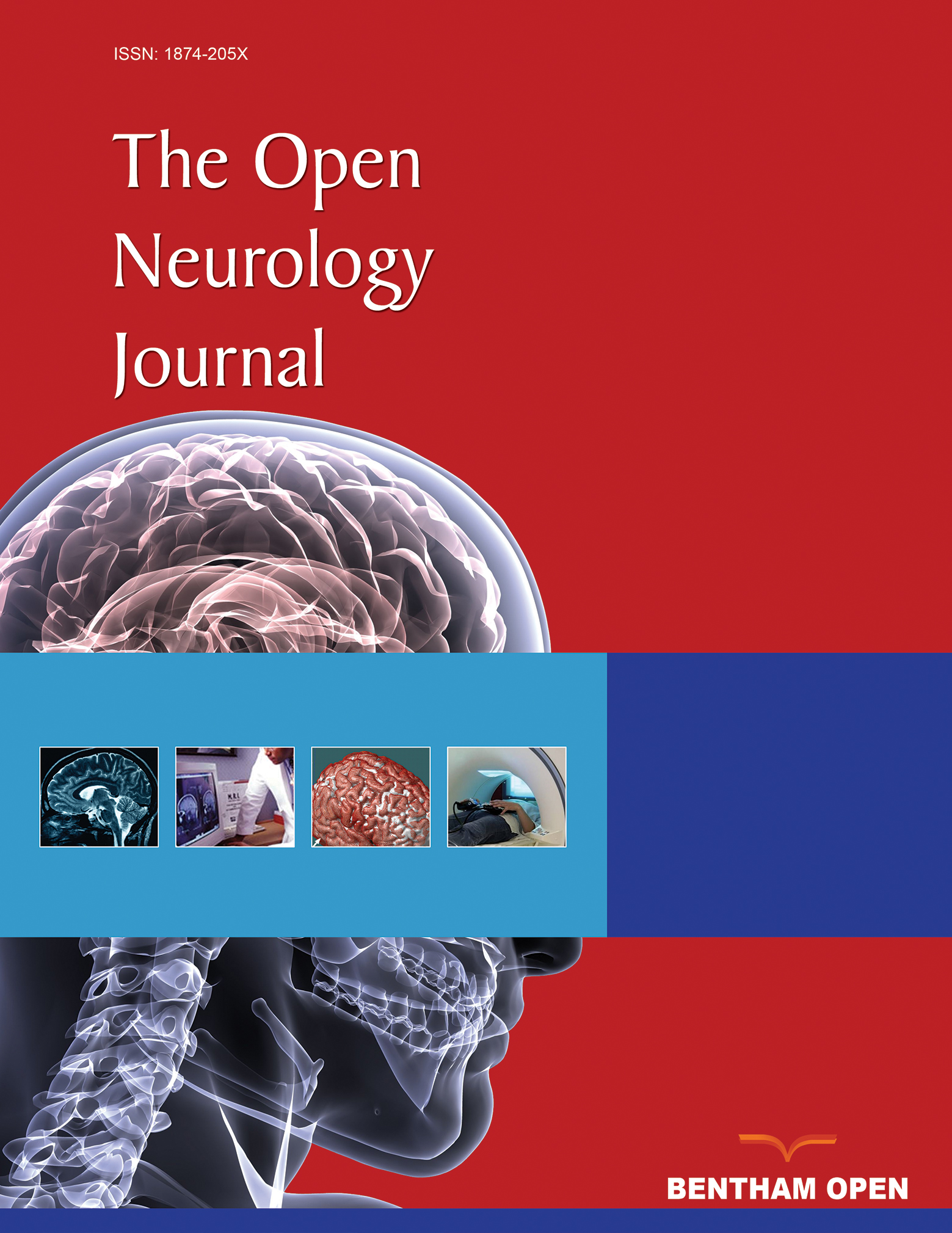Spectrum and Outcome of Moderate Pediatric Head Injury Patients Admitted to Main Tertiary Hospital in Northern Jordan Border Hosting City During Strain Period of Syrian Crises
Abstract
Aims and Background:
To evaluate and compare Health-Related Quality of Life (HRQoL) and disability outcome in pediatric moderate Traumatic Brain Injury (TBI) according to age, brain CT findings and treatment. The outcome could be different for none-war children in the border hosting community when health system under strain from Syrian crises.
Methods:
The HRQoL scores of 43 children with moderate TBI and abnormal brain CT, aged 8-12(n=24) and 13-18 (n=19) years at the time of injury were assessed using the Pediatric QOL Inventory, child self-report version (PedsQL). Group I (n=18) is surgically treated compared to group II (n=25) being medically treated. Disability, injury mechanism was compared.
Results:
Mean (SD) age was 12.2 (3.1) year. Based on treatment, the two groups differed only in the number of admission days (p = 0.009) with no significant difference in mean disability outcome and mean QoL in all domains. Based on age, older children (13-18 year) had better psychosocial health than younger children (8-12 year). Falling down, sport and recreational activity predominate as a mechanism of injury followed by a pedestrian. The acute epidural hematoma was the most common CT scan finding in the operative group (n=17) whereas, contusions were the most common in non-operative.
Conclusion:
This initial work could enhance research outcome from border hosting community that may suffer strain on the health sector and personal in periods of refugee influx and sudden population increase though they are not directly affected by the conflict crises. Single-incident moderate TBI where the diffuse axonal injury is absent or limited based on injury mechanism and severity has a good long-term outcome in children.


